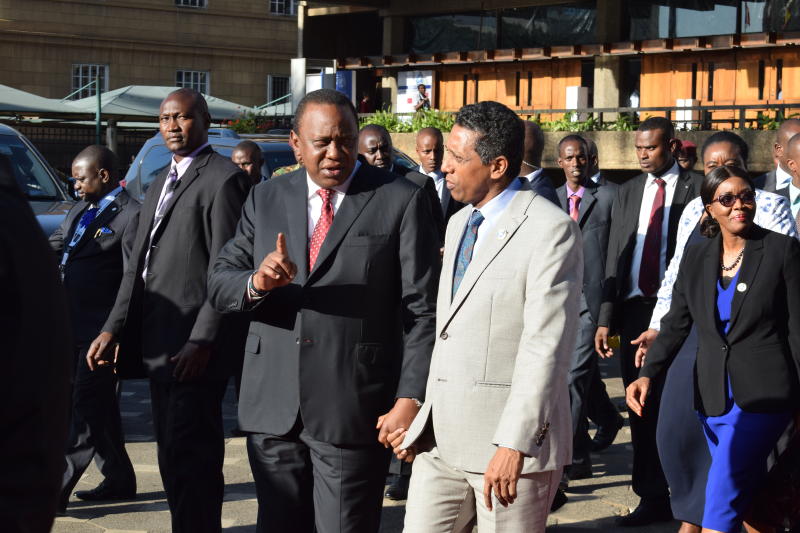×
The Standard e-Paper
Join Thousands Daily

The Blue Economy Conference that ended last Wednesday had mixed outcomes.
While most of these were positive, some lingering questions remained. First there was the glaring poor Inter-ministerial coordination which explained the peculiar absence of some primary ministries